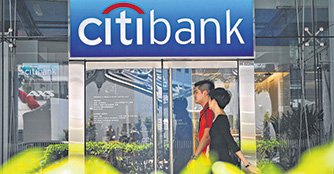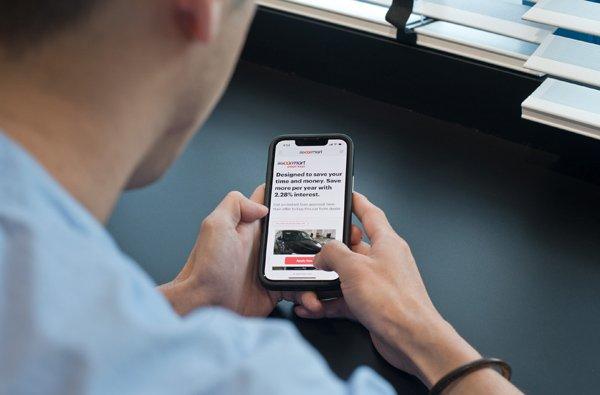Citibank's new financing scheme could cause shake-up of car loans
19 Oct 2014|8,864 views
The Business Times reported that Citibank is upending the traditional vehicle financing model here by pre-qualifying customers for car loans - thus bypassing the motor industry, which could lose millions of dollars in finance commissions if this practice is eventually adopted by other banks.

This is different from the current model where a new car buyer submits a loan application through the car company for the bank's approval. If the application is approved, the car company receives a finance commission from the bank, which can range from 1 to 2.5 percent of the loan amount, depending on the quantum and tenure.
If the Citi model catches on with other financial institutions, it could spell the end of a longstanding relationship with motor distributors as well as finance income.
But some car companies doubt that will happen. "Most distributors have a panel of banks they work with and there are advantages to such tie-ups, the most important of which is customer convenience," said the managing director of a luxury dealership. He explained that car salesmen take care of the nitty-gritty for the buyer - something the latter won't get if a bank wants to be independent and go direct to the customer.
Another factor working against the direct model is in-house financing, provided by the financial services arm of the manufacturer - something which all the German brands here have access to.
It is believed that Citibank is rolling out this scheme because it wants to increase market share. The American bank is currently a small player in the vehicle financing market here, with DBS, OCBC and Hong Leong among the heavyweights. The latter three have tie-ups with most of the best-selling brands.
The Business Times reported that Citibank is upending the traditional vehicle financing model here by pre-qualifying customers for car loans - thus bypassing the motor industry, which could lose millions of dollars in finance commissions if this practice is eventually adopted by other banks.
Under the Citi Direct Car Loan model, customers apply online for vehicle financing and those who are successful receive in-principle approval. With this conditional approval for a loan of a specified amount, a prospective car buyer can shop for a car knowing he or she has already qualified for financing.
This is different from the current model where a new car buyer submits a loan application through the car company for the bank's approval. If the application is approved, the car company receives a finance commission from the bank, which can range from 1 to 2.5 percent of the loan amount, depending on the quantum and tenure.
If the Citi model catches on with other financial institutions, it could spell the end of a longstanding relationship with motor distributors as well as finance income.
But some car companies doubt that will happen. "Most distributors have a panel of banks they work with and there are advantages to such tie-ups, the most important of which is customer convenience," said the managing director of a luxury dealership. He explained that car salesmen take care of the nitty-gritty for the buyer - something the latter won't get if a bank wants to be independent and go direct to the customer.
Another factor working against the direct model is in-house financing, provided by the financial services arm of the manufacturer - something which all the German brands here have access to.
It is believed that Citibank is rolling out this scheme because it wants to increase market share. The American bank is currently a small player in the vehicle financing market here, with DBS, OCBC and Hong Leong among the heavyweights. The latter three have tie-ups with most of the best-selling brands.
Latest COE Prices
May 2025 | 1st BIDDING
NEXT TENDER: 21 May 2025
CAT A$103,009
CAT B$119,890
CAT C$62,590
CAT E$118,889
View Full Results Thank You For Your Subscription.


















